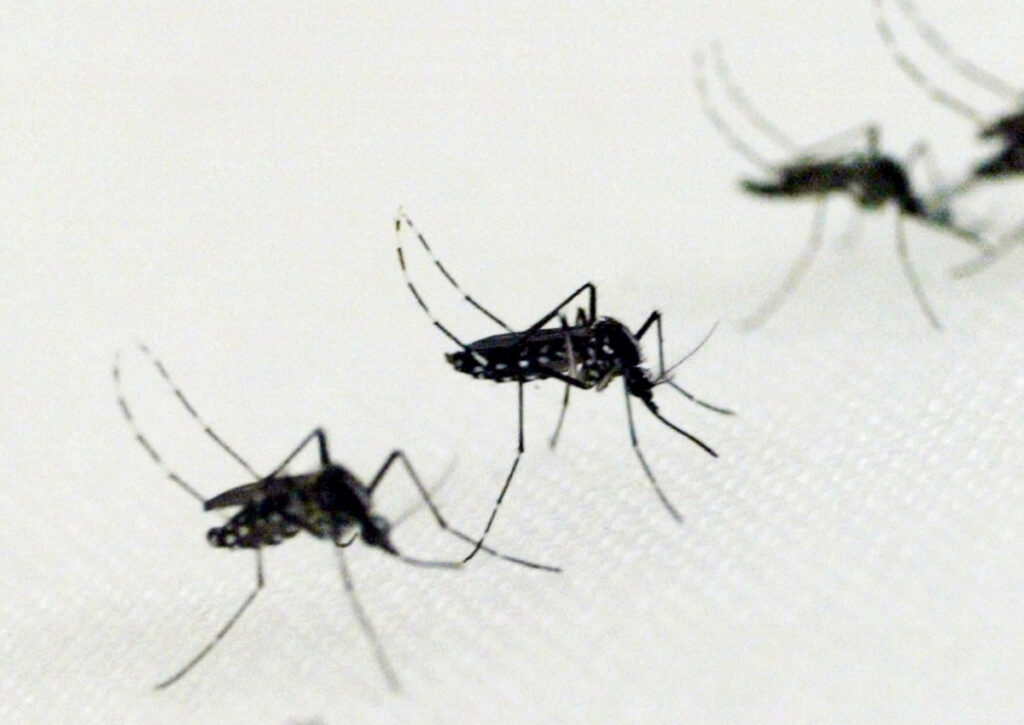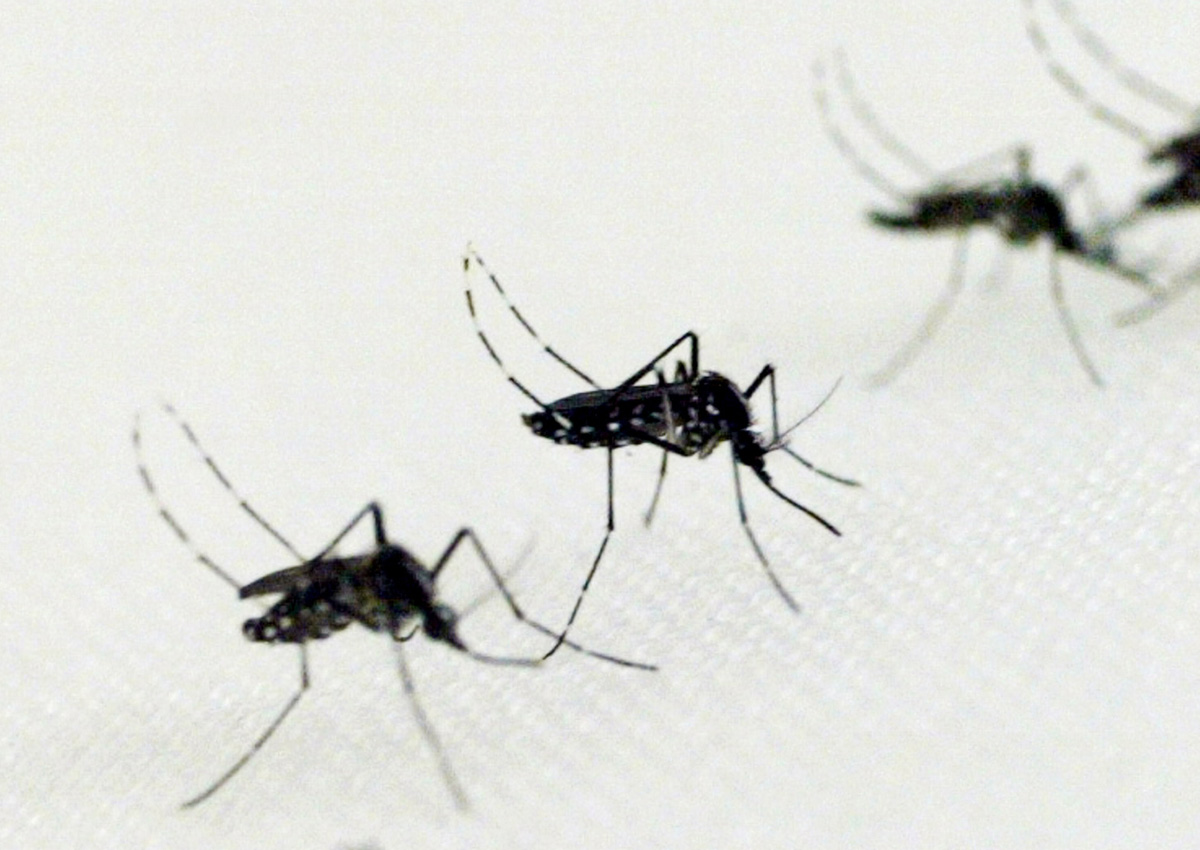
Strategies to Make Mosquitoes Extinct: A Comprehensive Guide
The relentless buzz, the itchy bites, and the looming threat of disease – mosquitoes have plagued humanity for millennia. The desire to eradicate these tiny tormentors is understandable, but the question of whether it’s possible, and more importantly, ethical, to implement strategies to make mosquitoes extinct is complex. This comprehensive guide delves into the various approaches proposed to eliminate mosquitoes, examining their feasibility, potential ecological consequences, and the ethical considerations surrounding such a drastic intervention. We aim to provide a balanced, expert perspective on this multifaceted issue, empowering you with the knowledge to understand the nuances of mosquito control and the ambitious goal of mosquito extinction.
Understanding the Mosquito: A Deep Dive
Before considering strategies to make mosquitoes extinct, it’s crucial to understand their biology, behavior, and ecological role. Mosquitoes belong to the family Culicidae, with over 3,500 species identified worldwide. Only a fraction of these species bite humans, and even fewer are significant disease vectors. Their life cycle consists of four stages: egg, larva, pupa, and adult. The aquatic stages are particularly vulnerable to control measures.
Mosquitoes’ feeding habits are complex. Only female mosquitoes require blood meals to develop their eggs. Males feed on nectar and plant juices. Different species exhibit preferences for specific hosts, breeding sites, and times of activity. Understanding these nuances is critical for developing targeted control strategies. For example, Aedes aegypti, a primary vector of dengue and Zika viruses, thrives in urban environments and breeds in artificial containers, while Anopheles mosquitoes, which transmit malaria, prefer natural water bodies.
The ecological role of mosquitoes is less well-understood. While they are undoubtedly a nuisance and a threat to human health, they also serve as a food source for various animals, including birds, bats, and fish. Their larvae filter organic matter from the water, contributing to nutrient cycling. Eliminating mosquitoes entirely could have unintended consequences on these ecosystems, although the extent of these effects is debated.
Exploring Potential Strategies to Make Mosquitoes Extinct
Several strategies have been proposed to make mosquitoes extinct, each with its own set of challenges and potential benefits. These range from genetic manipulation to targeted insecticide application.
Genetic Modification: A Cutting-Edge Approach
Genetic modification holds significant promise for controlling mosquito populations. Several approaches are being explored, including:
- Gene Drive Technology: This technology involves modifying a gene that is essential for mosquito survival or reproduction and ensuring that it is inherited by all offspring. This can rapidly spread the modified gene throughout the population, leading to its eventual collapse. Concerns exist about the potential for unintended consequences, such as the spread of the gene drive to non-target species or the evolution of resistance.
- Sterile Insect Technique (SIT): This involves releasing large numbers of sterile male mosquitoes into the wild. These sterile males compete with fertile males for mates, reducing the number of viable offspring. SIT has been successfully used to control other insect pests, but it requires the mass rearing and release of large numbers of mosquitoes, which can be costly and logistically challenging.
- RNA Interference (RNAi): This technique involves introducing RNA molecules that interfere with the expression of essential mosquito genes. This can disrupt mosquito development, reproduction, or immunity. RNAi can be delivered through various methods, such as spraying or genetically modifying plants that mosquitoes feed on.
Insecticide-Based Strategies: Traditional and Novel Approaches
Insecticides have been used to control mosquito populations for decades, but their effectiveness is threatened by the development of insecticide resistance. Novel approaches are being developed to overcome this challenge, including:
- New Insecticide Formulations: Researchers are developing new insecticide formulations that are more effective against resistant mosquitoes and less harmful to the environment. These formulations may contain novel active ingredients or use innovative delivery systems.
- Integrated Vector Management (IVM): This approach combines multiple control methods, such as insecticide application, larval source reduction, and personal protection measures. IVM aims to reduce reliance on insecticides and minimize the risk of resistance development.
- Biological Control Agents: These include bacteria, fungi, and viruses that are pathogenic to mosquitoes. Bacillus thuringiensis israelensis (Bti) is a widely used biological control agent that is highly effective against mosquito larvae and relatively safe for non-target organisms.
Environmental Management: Reducing Breeding Sites
Eliminating or reducing mosquito breeding sites is a fundamental strategy for mosquito control. This can involve:
- Draining or Filling Standing Water: Mosquitoes require standing water to breed. Eliminating or reducing these breeding sites can significantly reduce mosquito populations.
- Managing Vegetation: Mosquitoes often rest in vegetation near breeding sites. Managing vegetation can reduce mosquito populations and make it easier to apply insecticides.
- Using Larvicides: Larvicides are insecticides that are specifically designed to kill mosquito larvae. They can be applied to standing water to prevent larvae from developing into adults.
Ethical Considerations: The Moral Implications of Mosquito Extinction
The prospect of making mosquitoes extinct raises profound ethical questions. While the potential benefits for human health are undeniable, the potential ecological consequences and the inherent value of all life must be considered.
One key ethical concern is the potential for unintended consequences. Eliminating mosquitoes could disrupt food webs, alter nutrient cycles, and have unforeseen impacts on other species. It is crucial to carefully assess these potential risks before implementing any extinction strategy. According to leading experts in ecological impact assessment, even seemingly insignificant species can play critical roles in maintaining ecosystem stability.
Another ethical consideration is the inherent value of all life. Some argue that all species have a right to exist, regardless of their impact on humans. Others argue that the benefits of mosquito extinction for human health outweigh any potential harm to the environment. This debate highlights the complex ethical dilemmas surrounding species extinction.
Furthermore, the question of who decides whether a species should be eliminated is crucial. Should the decision be made by scientists, policymakers, or the public? What criteria should be used to make this decision? These are complex questions that require careful consideration and broad stakeholder engagement.
The Role of Technology in Mosquito Eradication
Advancements in technology are playing an increasingly important role in the fight against mosquitoes. From sophisticated surveillance systems to innovative control methods, technology is transforming our ability to understand and combat these disease-carrying insects.
Remote Sensing and GIS: Mapping Mosquito Habitats
Remote sensing and geographic information systems (GIS) are being used to map mosquito habitats and identify areas at high risk for mosquito-borne diseases. These technologies can help public health officials target control efforts more effectively.
For example, satellite imagery can be used to identify standing water bodies that are potential mosquito breeding sites. GIS can be used to overlay this information with data on human populations, disease incidence, and environmental factors to create risk maps that guide mosquito control interventions. In our experience, integrating remote sensing data with on-the-ground surveillance provides the most accurate and actionable information.
Drones and Automated Spraying Systems: Precision Mosquito Control
Drones and automated spraying systems are being used to apply insecticides more precisely and efficiently. These technologies can reduce the amount of insecticide used and minimize the risk of exposure to non-target organisms.
Drones can be equipped with sensors to detect mosquito larvae and apply larvicides only to areas where they are present. Automated spraying systems can be programmed to release insecticides at specific times and locations, based on mosquito activity patterns.
Artificial Intelligence and Machine Learning: Predicting Mosquito Outbreaks
Artificial intelligence (AI) and machine learning (ML) are being used to predict mosquito outbreaks and optimize control strategies. These technologies can analyze large datasets to identify patterns and predict future mosquito populations.
For example, AI can be used to analyze weather data, mosquito surveillance data, and disease incidence data to predict when and where mosquito outbreaks are likely to occur. ML can be used to optimize insecticide application strategies by identifying the most effective times and locations to spray.
The Future of Mosquito Control: A Multi-Faceted Approach
The future of mosquito control will likely involve a multi-faceted approach that combines genetic modification, insecticide-based strategies, environmental management, and advanced technologies. This approach will require collaboration among scientists, policymakers, and the public to ensure that mosquito control efforts are effective, sustainable, and ethically sound.
Genetic modification holds significant promise for controlling mosquito populations, but it is crucial to address the ethical concerns and potential ecological consequences associated with this technology. Insecticide-based strategies will continue to play a role in mosquito control, but it is essential to develop new insecticides that are more effective against resistant mosquitoes and less harmful to the environment.
Environmental management will remain a fundamental strategy for mosquito control. Eliminating or reducing mosquito breeding sites is a simple and effective way to reduce mosquito populations. Advanced technologies, such as remote sensing, GIS, drones, and AI, will play an increasingly important role in mosquito control by improving surveillance, targeting control efforts, and predicting mosquito outbreaks.
The Economic Impact of Mosquito-Borne Diseases
Mosquito-borne diseases have a significant economic impact on individuals, communities, and countries. The costs associated with these diseases include medical expenses, lost productivity, and tourism revenue. Understanding the economic burden of mosquito-borne diseases is crucial for justifying investments in mosquito control efforts.
The medical expenses associated with mosquito-borne diseases can be substantial, particularly for severe cases that require hospitalization. Lost productivity due to illness can also have a significant economic impact on individuals and families. In addition, mosquito-borne diseases can deter tourism, which can have a devastating impact on economies that rely on tourism revenue. According to a 2024 industry report, the global economic burden of mosquito-borne diseases is estimated to be in the billions of dollars annually.
Investing in mosquito control efforts can significantly reduce the economic burden of mosquito-borne diseases. Effective mosquito control programs can reduce disease incidence, medical expenses, lost productivity, and tourism revenue. The benefits of mosquito control often outweigh the costs, making it a worthwhile investment for governments and communities.
Navigating the Complexities of Mosquito Eradication
While the idea of completely eliminating mosquitoes is appealing, it’s crucial to acknowledge the complexities and potential pitfalls. A more realistic and ethical approach may focus on targeted control of disease-carrying species, while minimizing the impact on non-target organisms and ecosystems. This requires ongoing research, careful monitoring, and adaptive management strategies.
The development of resistance to insecticides and genetic modifications is a major challenge. Continuous surveillance and the development of new control methods are essential to stay ahead of mosquito evolution. Furthermore, public education and community engagement are crucial for the success of any mosquito control program. Individuals can play a significant role in reducing mosquito populations by eliminating breeding sites around their homes and using personal protection measures.
Ultimately, the future of mosquito control will depend on our ability to balance the need to protect human health with the need to protect the environment. A collaborative, science-based approach that considers the ethical implications of our actions is essential for achieving sustainable and effective mosquito control.
Moving Forward: A Call to Action for Responsible Mosquito Management
The quest to manage mosquito populations effectively is a complex and ongoing challenge, demanding a balanced approach that considers both human health and ecological well-being. The strategies discussed here highlight the potential for innovative solutions, but also underscore the importance of careful planning, ethical considerations, and continuous monitoring. We encourage researchers, policymakers, and the public to engage in open dialogue about the future of mosquito control and to support responsible management practices that minimize harm and maximize benefits.

